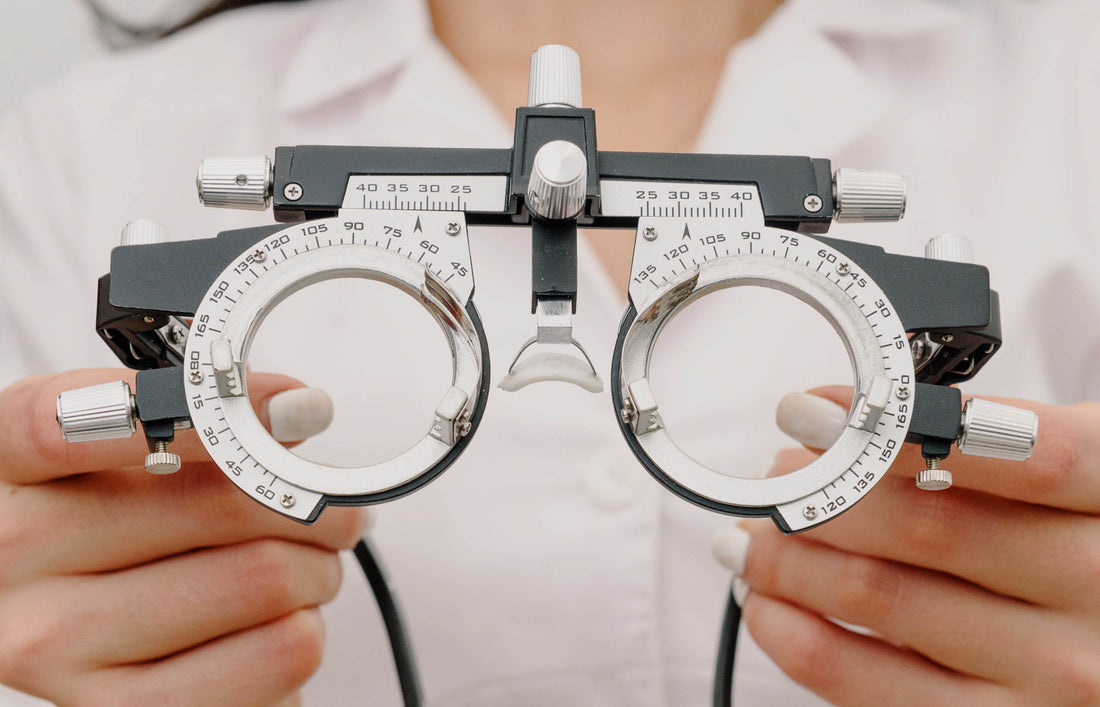
What’s the difference between Ophthalmologists, Opticians and Optometrists?
Share
What is an Ophthalmologist?
An ophthalmologist is a medical doctor who specializes in eye health and eye diseases. After graduating from university and medical school, an ophthalmologist spends three more years learning about the diseases and surgeries of the eye. All ophthalmologists are surgeons and must pass a written, oral, and practical certifying examination in the specialty of ophthalmology.
Clearly, an ophthalmologist has a lot of training. However, that doesn't mean an ophthalmologist is the correct professional for every eye problem. Ophthalmologists are the people to see when you have a serious eye injury or an eye disease requiring surgery. Most ophthalmologists also prescribe glasses or contact lenses for healthy eyes, but many refer all or part of this work to someone else.
Ophthalmologists also sometimes specialize within the specialty of ophthalmology. For example, some are retinal specialists, while others specialize in the problems of the cornea or the lens and some are pediatric ophthalmologists, specializing in children's eye problems.
Other ophthalmologists confine themselves to surgery or even specific kinds of surgery, such as cataract surgery. There are also refractive surgeons, who perform only prescription-changing procedures. You should choose a specialist according to your specific needs and reliable recommendations.
What is an Optometrist?
An optometrist is a doctor of optometry. Optometrists complete professional undergraduate education at a college or university, and then four years of professional education at a college of optometry. Many optometrists also complete residencies, so that makes it a five-year program.
Optometrists are further defined as healthcare professionals trained and licensed to provide primary eyecare services. These services include performing comprehensive eye-health and vision examinations; diagnosing and treating eye diseases and vision disorders; detecting general health problems; prescribing glasses, contact lenses, low vision rehabilitation, vision therapy, and medication; performing certain limited surgical procedures; and counselling patients regarding their surgical alternatives and vision needs as related to their occupations, avocations, and lifestyles.
It is true that optometrists also often have their areas of specialization. Some of these are contact lenses, low-vision treatment, vision therapy, and occupational vision.
What is an Optician?
An optician is a technician trained to conduct eye tests, make glasses, fit eyeglass lenses into frames, and adjust eyeglass frames to people's faces, as well as do fittings of contact lenses and fill lens prescriptions written by optometrists and ophthalmologists. Opticians generally have a college or university degree.